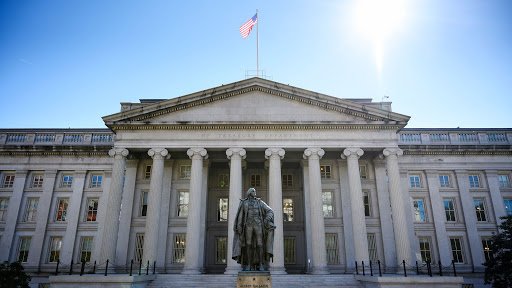Why is the stock market going to crash? Since the crash in March, markets across the globe have staged a remarkable comeback, with some markets rebounding almost 30%. Here is why the stock market is going to crash.

Welcome to Simply Economics. This article is going to provide in-depth analysis as to why the stock market is in deep trouble over the coming month and why investors should not become complacent over the gains being made over the past month.
Why does history matter?
No two crashes are the same. So why do we look back and try and learn from other recessions? It is because we can draw parallels between them, and must learn from our mistakes.
In 1929, the market dropped around 50%. A period of complacency from investors followed as many of them believed the worst of the crash was behind them. This caused a 5 month stock market rally which caused a ‘bull trap’. A period when investors become complacent over the recent gains in the market and believe a new bull market has begun, when the bear market hasn’t finished. It is an integral part of the market cycle.

As shown above, after the initial crash, the Dow rebounded over the following months. This led many to believe a new bull run had begun when in fact, the worst of the crash was yet come. The following months went onto see the DOW lose gains from the past 4 years followed by record unemployment rates.
Why the stock market is going to crash?
Technical indicators and analysis show we are at this point of the cycle in the current moment with a reversal due to occur any time soon.

As shown by the daily candlestick chart above, the S&P 500 can retrace up-to-the 61.8% Fibonacci retracement before breaking out of the bull trap.
On the 16th of April, an area of resistance was created around the 61.8% retracement. It was tested again on the 28th. It was around this point, the candlesticks began to form a classic reversal pattern; a dark cloud cover followed by bearish conformation.
This price action shows signs of weakness appearing in the current bull trap. This, alongside the sell signal printed by the slow stochastic oscillator on the 28th of April argues a strong case for another crash. Furthermore, trading volume is on the decline which shows that the upside swing is running out of stream, emphasising the fact that a reversal is on the cards.

On the weekly chart the same story is told; volume is drying up and there was a big rejection of the 61.8% Fibonacci level last week, leaving the bears in control. And a look at the 4 hour chart shows rising wedge forming, giving further bearish bias to this upward move.
However, despite the indicators showing that the market is staged for another downfall, it is better to wait for further confirmation by holding until old support levels are breached.
Please subscribe to keep date with our posts and click here to see other articles.
What is Quantitative Easing (QE)
This article will explain the key concepts of Quantitative Easing. It will explain how Quantitative…
11. Taxes
This article will go through the different types of taxes and will explain where the…
10. Consumer and Producer Surplus
This article will explain consumer and producer surplus are and will also discuss the impact…
why the stock market is going to crash why the stock market is going to crash why the stock market is going to crash why the stock market is going to crash





I don’t think the title of your article matches the content lol. Just kidding, mainly because I had some doubts after reading the article.